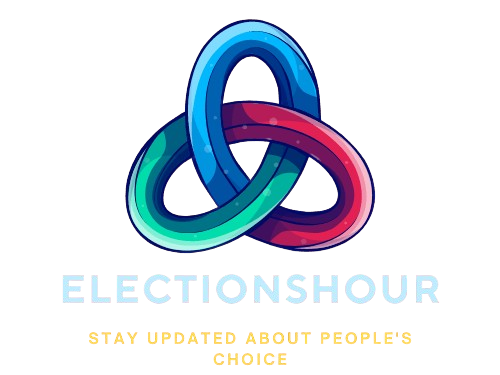Christians Who Vote in Presidential Elections
Did you know two-thirds of Americans call themselves Christians? About 55% of these are practicing Christians who live their faith every day. This shows how big of a role Christian voters play in elections, especially in presidential ones.
More practicing Christians vote than other eligible voters. It’s important to see how faith and politics mix. This affects who wins elections.
Looking back, we see a pattern. White evangelical Protestants often support Republican candidates. In 2020, 84% of them voted for Donald Trump. This shows a strong link between Christian beliefs and conservative politics.
As we head into the 2024 election, religion’s role is key. It helps us understand voting patterns and who might win.
Overview of Christian Voter Demographics
Understanding Christian voters’ demographics gives us insight into American voting patterns. The Christian identity plays a big role in shaping political views. This is especially true for Evangelical voters in upcoming elections.
Christian Identity in America
In 2024, almost two-thirds of adults in America are Christians. This group includes many different denominations. Among them, 55% are practicing Christians who see their faith as a big part of their lives.
These individuals often visit church. Their strong religious beliefs tend to lean towards conservative politics. This affects how they vote.
The table below shows how religious demographics change voting patterns in different states:
| State | Mainline Protestants or Catholics | White Evangelicals | Religious Nones |
|---|---|---|---|
| Wisconsin | ~50% | 16% | 25% |
| Pennsylvania | 45% (Trump) | 56% | Unspecified |
| Georgia | Not Specified | 81% (Trump) | Not Specified |
| Arizona/Nevada | Not Specified | Engagement Increasing | Not Specified |
Evangelicals and Voting Patterns
They show a clear trend in supporting Trump. In Georgia, 81% voted for him. This loyalty to Republicans is strong, even as the overall electorate changes.
In states like Nevada, more people are registering as independents. This shift makes it harder for candidates to count on Christian voters alone.
Surveys show that white evangelicals tend to be Republican. About 61% of them have a positive view of Trump. Younger Evangelicals, however, are more open to progressive views on issues like same-sex marriage and abortion.
Candidates need to focus on winning over evangelical support. Church events are key in building these connections.
Percentage of Christians Who Vote in Presidential Elections
Looking at how many Christians vote in the main elections gives us key insights. Christians show up to vote more than non-Christians, with 72.8% voting compared to 66.2% of non-Christians. This shows how important faith is in making voting choices.
2020 Election Insights
The 2020 election showed how crucial evangelical voters are. A big 76% of White voters supported Trump, while 24% voted for Biden. This shows that faith can greatly influence who people vote for.
Biden also got more support from Christians in key states like Georgia. This shows that voting patterns among evangelicals are changing.
Impact of Church Attendance
Going to church often affects who Christians vote for. People who visit church a lot, like every month, mostly voted for Trump. About 59% supported him, while 40% chose Biden.
But those who don’t go to church as much voted in favor of Biden more. 58% of them chose him, while 40% voted for Trump. This shows how church attendance can really shape voting choices, especially among White evangelicals.

| Group | Support for Trump | Support for Biden |
|---|---|---|
| White Evangelicals | 76% | 24% |
| Frequent Churchgoers | 59% | 40% |
| Less Frequent Attendees | 40% | 58% |
Conclusion
Looking at Christian voting trends, it’s clear that Christians play a big role in presidential elections. White evangelicals, in particular, have a big influence. Even though there have been small changes, many Christians still vote for Republicans.
This loyalty shows how important religion is in voting. It also highlights a key group to watch in future elections.
As we look to the 2024 election, Christians will be key in deciding who wins. They have a history of voting in big numbers. This could help their chosen candidates win.
It’s important for candidates to understand how religion shapes views on big issues like abortion and social policies. This helps them connect with these voters.
In short, religion and politics will continue to shape election results. Candidates and parties need to understand this. The role of religion in voting is more than just tradition. It’s a key factor in shaping our society.


1 thought on “Percentage of Christians Who Vote in Presidential Elections”